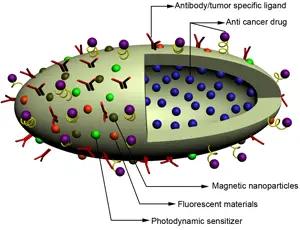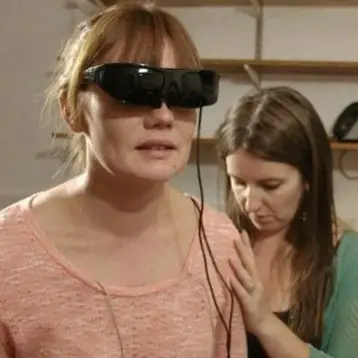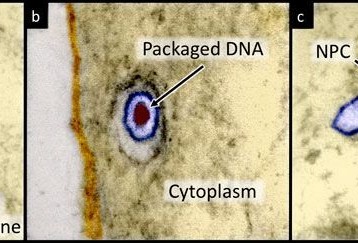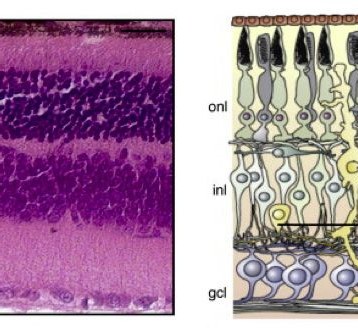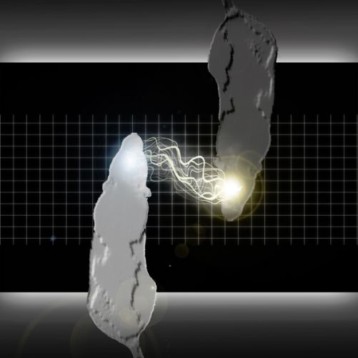Until recently the many scientists believed that large doses of radiation can cause damage to the DNA of living organisms. Contrary to this view, the USU team discovered that DNA repair-related proteins in sensitive cells are devastated by radiation long before DNA is significantly damaged. In contrast, repair enzymes in extremely resistant cells survive and function with great efficiency after irradiation because they are protected, specifically by a chemical mechanism involving manganese (II) ions.
This research opens up new possibilities for developing methods to combat the effects of harmful radiation as well as new approaches that will facilitate recovery from short or long-term exposures to radiation such as cancer therapies, nuclear events, and exposure to cosmic radiation in outer space.





